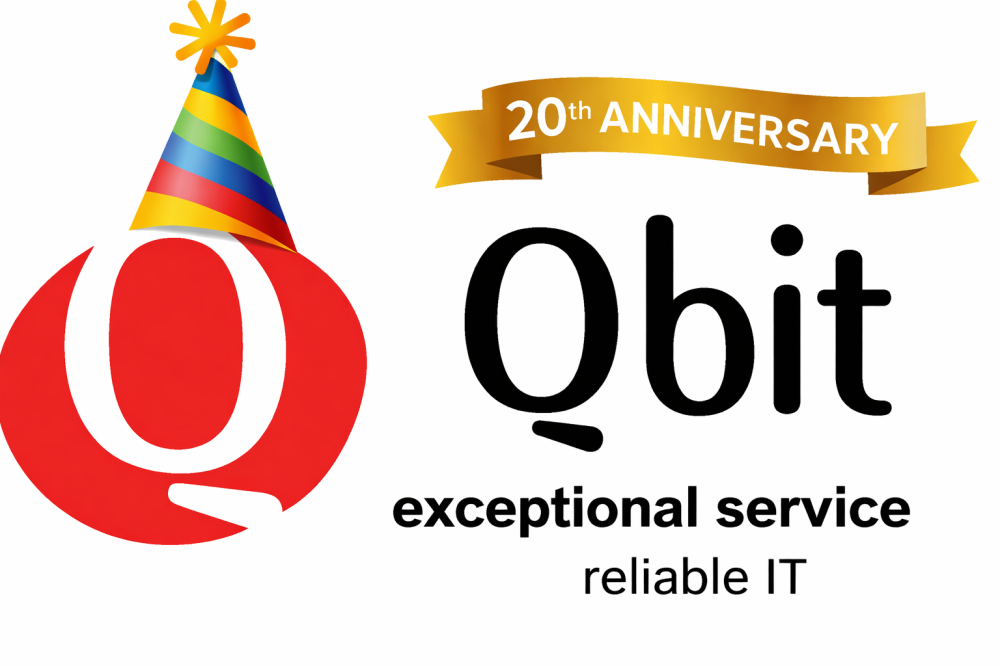There are a lot of messaging apps in the market. Some people prefer to converse on messaging apps, as the back and forth of messages are much more real-time compared to emails and more secure compared to SMS.
With the issues that came up about the security and privacy policy of WhatsApp, people have been turning to other messenger apps such as Signal and Telegram. Let us look at some of the security and privacy features of the three:
One of the biggest issues people have with this messaging app is the long list of data links, which is information that WhatsApp is allowed to retrieve from you. This app is also one of the first to offer end-to-end encryption in the market. This ensures that only the sender and recipient will be able to read the messages exchanged. This app is free and funded by Facebook. It is not open source, except for end-to-end encryption.
In January 2020, Jeff Bezos, CEO of Amazon, was hacked through a WhatsApp video message. There was also an incident where a spyware vendor hacked 1,400 devices with software, which led to a lawsuit from Facebook.
Generally, WhatsApp presents more privacy problems rather than security issues. WhatsApp is also available across different devices and platforms. Their chat backups are stored in the device and messages are deleted on their own after some time.
Telegram
This messaging platform only takes about four linked data from users, which include names, phone numbers, and contacts. What is great about Telegram is it puts in the effort to have a social network kind of environment for users. It also has a sender-to-user encryption feature, but you must turn it on manually as it is not the default setup.
A feature that Telegram offers that is not in most messaging apps is the “secret chats”, which has an extra layer of security. It notifies the sender if a screenshot of the conversation on secret chat was taken. It gets rid of the forwarding option. And you can set a time for each message to disappear after being read by the receiver.
Telegram has been exposed to many breaches since 2016. A massive breach was linked to Iran, which happened again in 2020. There was also a case where a deep fake (seemingly realistic edited photos and videos) bot created forged nudes of women that came from their regular photos.
Signal
Signal only collects the user’s phone number for information. It is fully open-sourced. It sends fully encrypted messages, videos, images, and audio clips to individuals or a group. It also has app-specific locking features, onscreen privacy options, and even disappearing messages (much like Telegram’s secret chats).
Even with Signal’s superb security details, it will be useless if the person you send it to is not using Signal. It is available for Windows, macOS, Linux, iOS, and Android.
One of its unique vanishing messages features is the option to choose how long the message can be viewed before it is automatically deleted.
Security is essential in protecting our data and identity whilst enjoying the many benefits of technology. It is important to ensure the security of the apps we use not only with personal apps and software but more so with business apps and software.
The best way to make sure that your business has solid cyber security that can withstand different cyber threats is to apply a multi-factor authenticator. Qbit offers cyber security options to protect your data from today’s cyber-attacks. We have a variety of business IT solutions and IT support that can help not only fortify your business’s cyber security but also help in your productivity and efficiency.
Call us at (08) 6364 0600 to find the best cyber security policy for your business. Visit our Multi-Factor Authentication page to learn more about multi-factor authentication.


